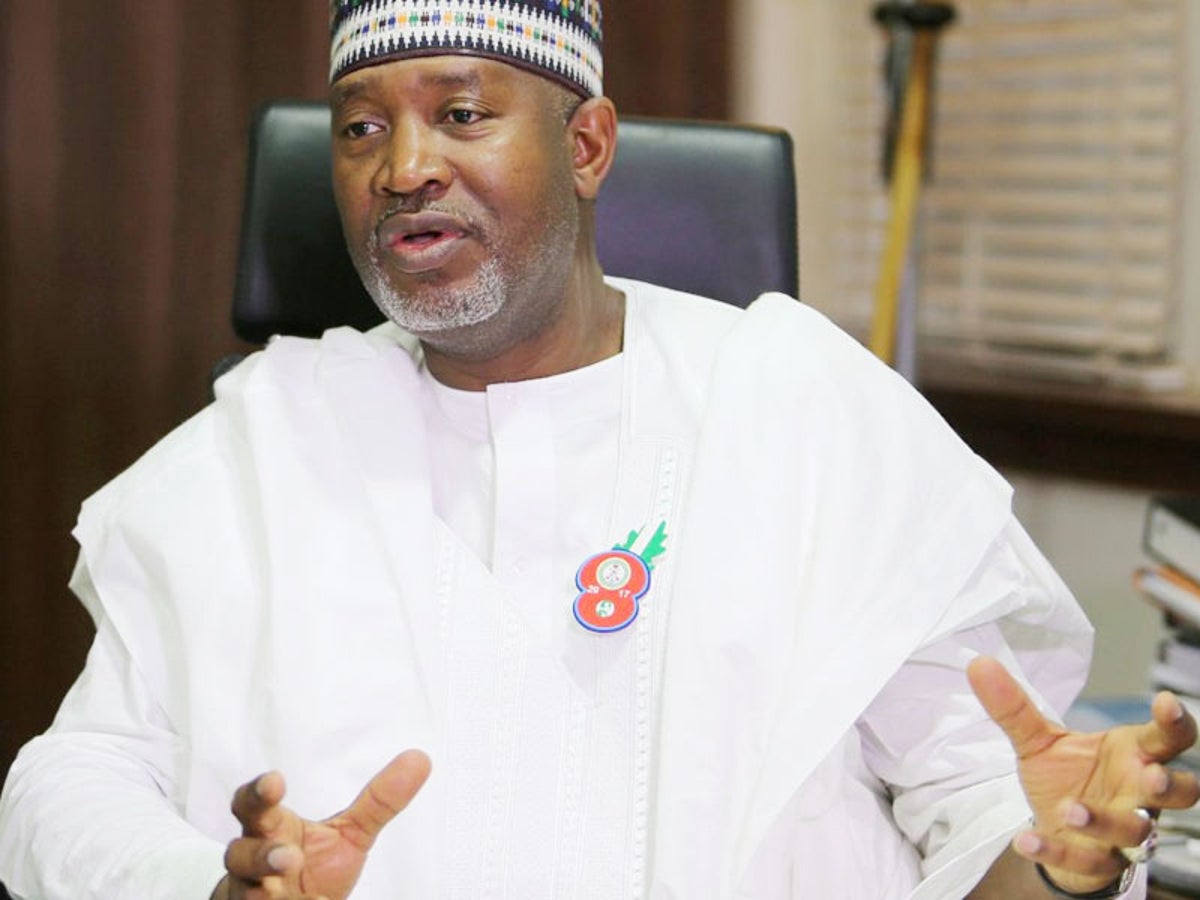By Ignatius Ushie
In line with the criteria in the Public Private Partnership (PPP) procurement phase, the Federal Ministry of Aviation yesterday held bidders’ conferences in Abuja, for aerotropolis and cargo terminal development in the country.
According to a Press Release issued by the Special Assistant to the Minister of Aviation, James Odaudu, and made available to Transport Day, the conference is in fulfilment of the provision of the Infrastructure Concession Regulatory Commission (ICRC) Act and National Policy on Public-Private Partnership
During the Conference, Minister of Aviation, Sen. Hadi Sirika in his remarks said “government is committed to the projects and that is why is taking time because of due diligence as ICRC is superintending the process”.
According to him, “the present administration is not willing to sell public properties but willing to make them better, by giving them to the private sector to make them better so that there is value for the money”.
Director of Planning, Research and Statistics, Muhammed Shehu who doubles as Chairman Project Delivery Team (PDT) said the Ministry is in the procurement phase for the selection of preferred bidders for the projects, adding that the conference is designed to interface with the companies/consortia that were successful at the Request for Qualification (RFQ) stage and have been prequalified to proceed to the Request for Proposal stage of the procurement phase.
“The programme is to enable the companies to make clarifications with the consultant on the areas in the request for proposal package and draft contract agreement. The result of the exercise will guide them in the preparation of both technical and financial proposals” he explained.
In his remarks, the Director of Transport Infrastructure (ICRC) Emmanuel Onwadi, said at this stage of the transaction, “ICRC is willing and committed to making sure that we achieve the set standard in line with the aspiration of Nigerians”
He urged participants to feel free and ask questions for clarification, adding that stakeholder engagement will continue throughout the project’s lifespan.













